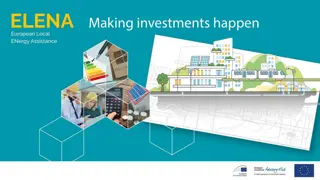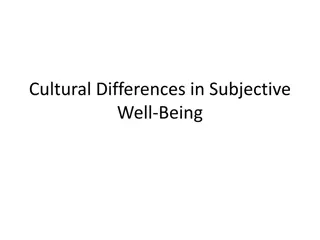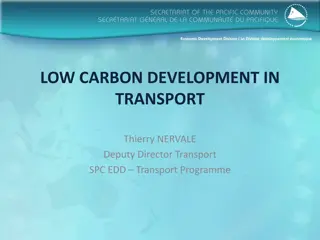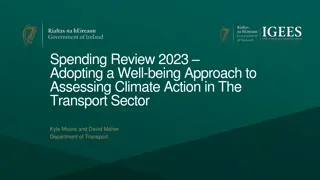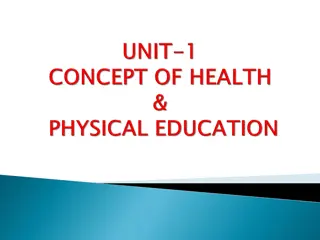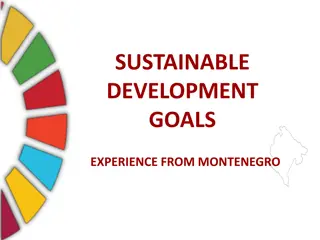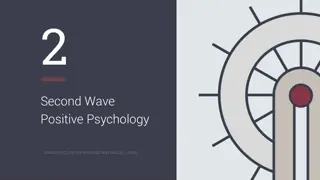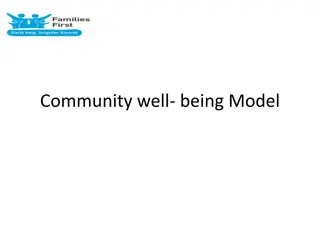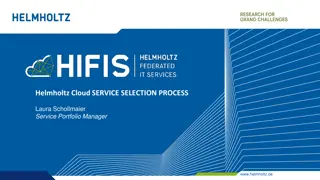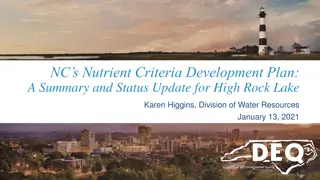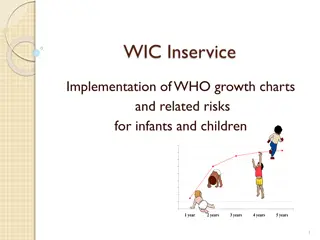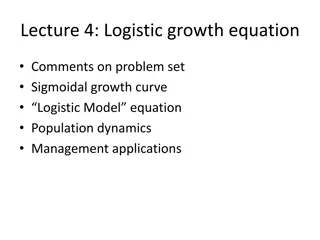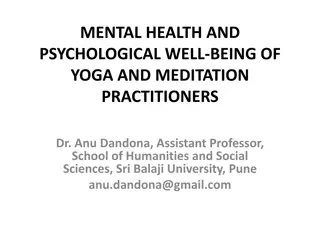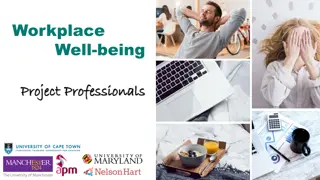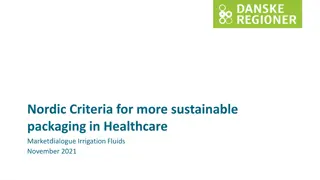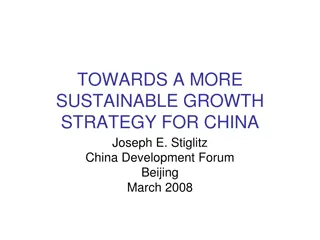
Sustainable Growth Criteria for Well-being
This workshop explores the significance of sustainable growth in achieving well-being through sustainable lifestyles. Paul Burger from the University of Basel discusses the criteria for sustainable living, societal values, and addressing scarcity and fragility for future generations.
Download Presentation

Please find below an Image/Link to download the presentation.
The content on the website is provided AS IS for your information and personal use only. It may not be sold, licensed, or shared on other websites without obtaining consent from the author. If you encounter any issues during the download, it is possible that the publisher has removed the file from their server.
You are allowed to download the files provided on this website for personal or commercial use, subject to the condition that they are used lawfully. All files are the property of their respective owners.
The content on the website is provided AS IS for your information and personal use only. It may not be sold, licensed, or shared on other websites without obtaining consent from the author.
E N D
Presentation Transcript
Mental Health in Rural Communities: The example of the Midwest dairy farmer
Mental Health in Rural Communities: The example of the Midwest dairy farmer
Team Activity What symptoms of stress were identified? What specific functions and activities could the family have done that may have changed the outcome? Who within this family could make this happen? What barriers do you think the family could have in making these identified changes? What role could you have in assisting this family?

